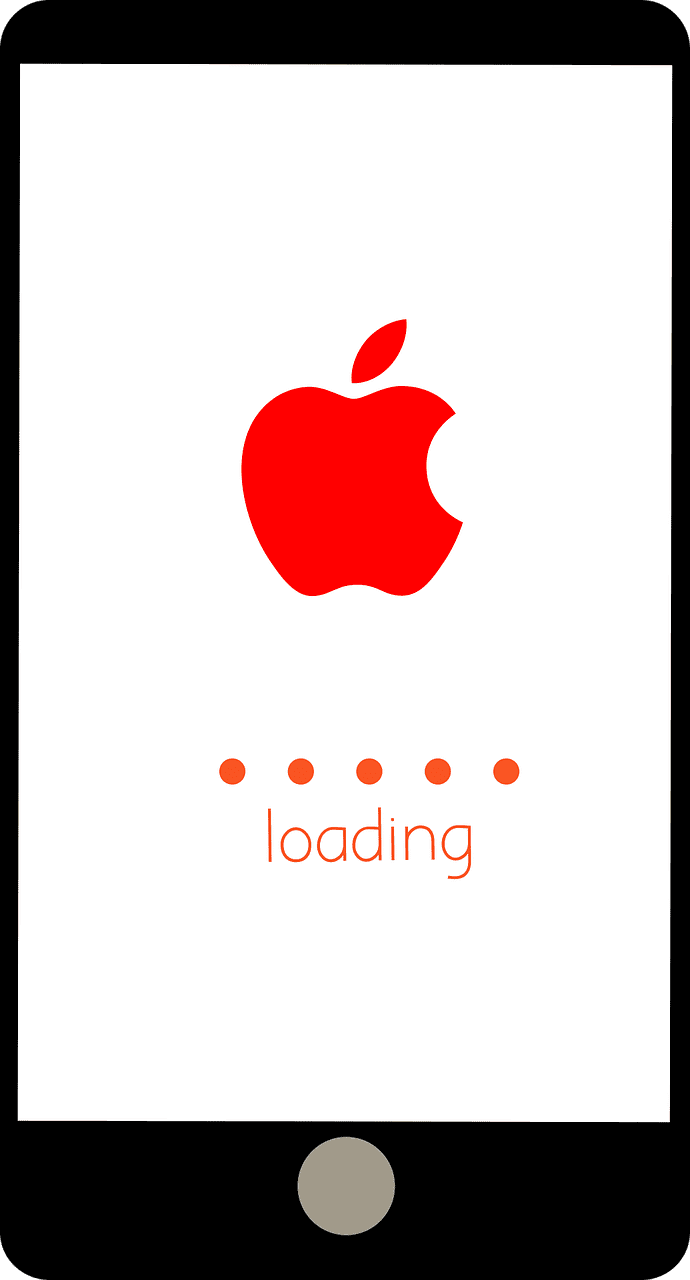Apple recently released its highly anticipated App Tracking Transparency feature in iOS 14.5, which allows users to decide whether an app tracks their activities for targeted advertising. In most cases, users seem happy to disable app tracking. According to the latest data from Flurry, a Verizon-owned analytics company, in the US, only 4% of iPhone users accept app tracking after updating their devices.
Globally, this number has risen to 12%, which is healthy growth, but for companies like Facebook that sell specific items to advertisers through floating user data, this is still not good news. In iOS 14.5, if users enable app tracking requests, every time they download or update an app, they must first get your permission to track their activities. Obviously, most users say “No.”
Users who want to disable tracking completely without denying permissions for each app can change “Allow apps to request tracking” in the iPhone privacy settings. Since the update was released on April 26, Flurry data shows that on average about 3% of US iOS users and 5% of international iOS users have app tracking. restricted.
The results of the Flurry survey are based on a sample size of 2.5 million daily active mobile users using iOS 14.5 in the United States and a sample size of 5.3 million such users worldwide. According to the company, its analytics tools have been installed on more than 1 million mobile apps and aggregate data from approximately 2 billion devices each month.
As an outspoken opponent of Apple’s new features, Facebook launched a large-scale intimidation campaign to convince users that these privacy measures are actually a bad thing. Facebook came up with several full-page ads, saying that Apple’s features will destroy small businesses that rely on its ad targeting services, and warning that many free sites may have to start charging users for subscriptions or purchases within. of the application. Other tech giants like Snapchat, Google, and Twitter also said that if the majority of users decide to abandon app tracking, this can affect their results.
Of course, this data is just our first impression of the user’s response. iOS 14.5 was only released in less than two weeks, and if we have more time, we may better understand the average number of users who have chosen to participate or not participate in-app tracking. But one thing is clear: people value their privacy. Also, if this means losing some personalized ads, then a lot of people seem willing to make sacrifices for it.

